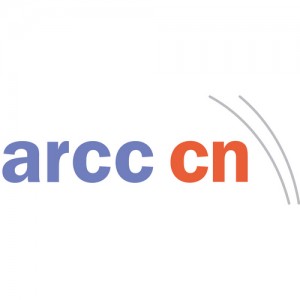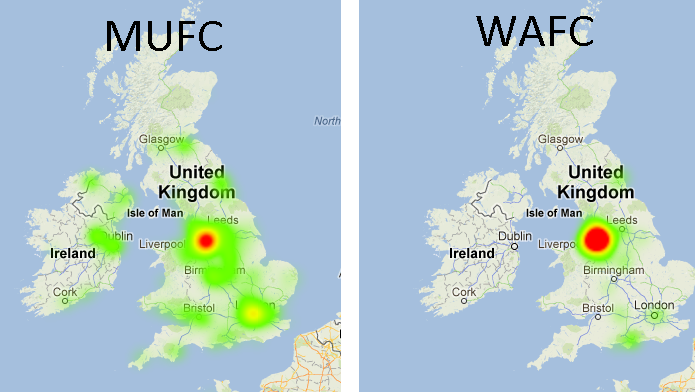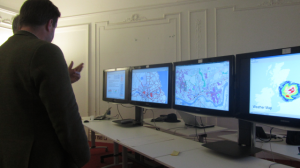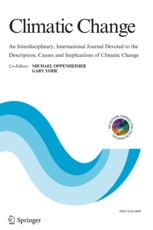 EPSRC and ESRC have recently announced the funding of i-BUILD, a £3.5M research centre, led by Professor Richard Dawson at Newcastle University, to develop new approaches to infrastructure business models with the ultimate aim of replacing current public-private business models that in many cases provide poor value.
EPSRC and ESRC have recently announced the funding of i-BUILD, a £3.5M research centre, led by Professor Richard Dawson at Newcastle University, to develop new approaches to infrastructure business models with the ultimate aim of replacing current public-private business models that in many cases provide poor value.
While national scale infrastructure plans, projects and procedures set the wider agenda, it is at the scale of neighbourhoods, towns and cities that infrastructure is most dense and interdependencies between infrastructures, economies and society are most profound – and hence the focus of our activity will be at these local and urban scales. Balancing growth across regions and scales is crucial to the success of the national economy. The Government’s response (March 2013) to Lord Heseltine’s review of local economic growth emphasised the devolution of funding for local major infrastructure schemes that is occurring from 2015, the importance of the development of an integrated approach to local infrastructure investment and also noted the requirement for alternative funding models. This localism agenda is encouraging local agents to develop new infrastructure related business but this is limited by the lack of robust new business models with which to do so at the local and urban scale.
To develop a new generation of business models the i-BUILD research programme is structured around three main research streams:
(i) Reducing the costs of infrastructure delivery by understanding interdependencies between systems and alternative finance models;
(ii) Improving the way we value the wider benefits of our infrastructure by identifying and exploiting the social, environmental and economic opportunities; and,
(iii) Reconciling local scale priorities with regional and national strategic needs – because no locality is disconnected from its surroundings.
New approaches developed through these research streams will be tested and demonstrated on integrative case studies in partnership with an extensive stakeholder group from academic, private, public and voluntary sector organisations.
An official launch event will take place on the 7th June. Details to follow.
About the i-BUILD team:
The i-BUILD Centre brings together a highly integrated and multi-disciplinary team embracing many of the UK’s leading researchers in infrastructure engineering, business modelling, economic analysis and social science, alongside an extensive stakeholder group. The Centre will have its headquarters at Newcastle University (Director: Professor Richard Dawson, CESER; Deputy director: Professor Andy Pike, CURDS) in collaboration with leading academics from the University of Birmingham (Deputy directors: Professor Chris Rogers; Professor John Bryson) and the University of Leeds (Deputy directors: Professor Phil Purnell; Professor Andy Gouldson).
About the Newcastle team:
i-BUILD draws together expertise in civil engineering, urban economy, business models and societal engagement from four schools at Newcastle University: the School of Civil Engineering & Geosciences, the School of Geography, Politics and Sociology, Newcastle University Business School and the School of Agriculture, Food and Rural Development.
The full i-BUILD team can be found here:
http://gow.epsrc.ac.uk/NGBOViewGrant.aspx?GrantRef=EP/K012398/1









